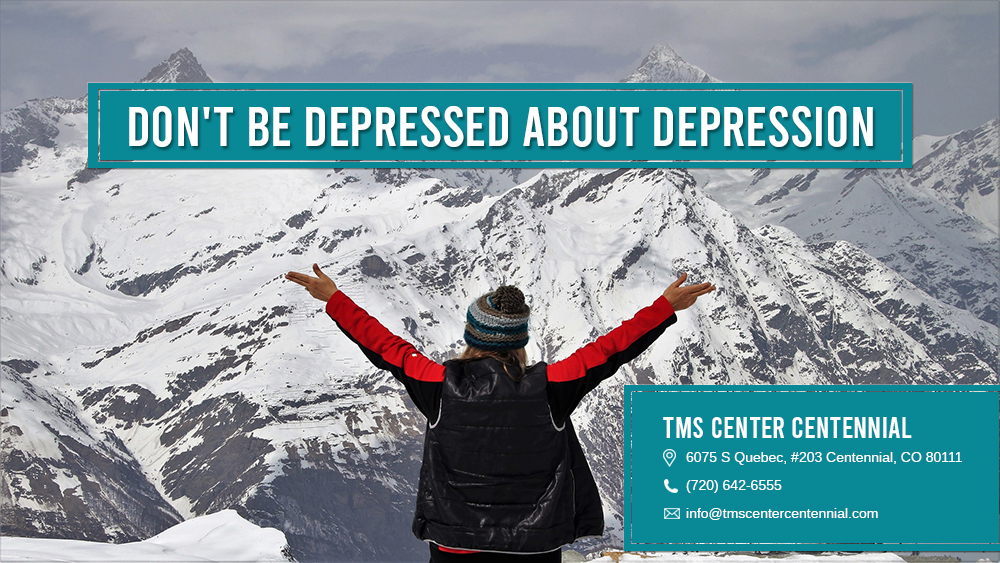Both awareness and acknowledgment of mental health is still a limited phenomenon. Various modes of treatment are available for patients depending on the type and degree of the mental disorder.
The parameters of good health are not limited to physical wellbeing alone. While it is supremely important for the body to be fit and healthy, mental health cannot be ignored either. In fact, psychological wellbeing forms a crucial component of overall health.
Although the deep stigma associated with mental illnesses has improved significantly over the past decade, there is still a lingering discomfiture about acknowledging any kind of psychological disorder. People still hesitate to seek treatment for depression, even in the advanced countries of the world. As they continue to struggle to cope with their mental health unaided and in silence, it takes a slow toll on their work performance, family life and personal relationships. The suffering person retreats into a shell of his own making and this seriously affects the thought process, behavior and emotions. It can even lead to suicide one day.
Mental illness is actually akin to a physical disease in the brain. It can occur due to genetics, brain structure or extreme trauma or abuse experienced by a person. It usually manifests in two forms – related to mood and anxiety. The latter are more common and are classified as post-traumatic stress disorder (PTSD), obsessive compulsive disorder (OCD), panic disorder (panic attacks), generalized anxiety disorder and specific phobias. Mood disorders, on the other hand, are related to various types of depression.

Help is at hand
Once a patient and his/her family members acknowledge that something is not right and medical assistance is needed, there are various avenues of treatment for the mental illness.
Consulting the right doctor is imperative here. A general physician can also provide a preliminary diagnosis and direct the patient to a specialized healthcare professional.
A psychiatrist will usually assess the patient’s mental condition through consultation, medical testing and so on. Once diagnosed, they will prescribe a suitable course of treatment. This may involve:
Professional Counseling – A psychologist or psychiatrist will engage in regular dialogue to work out the core problem behind the emotional or behavior issues. During the therapy, they will subtly guide the patient on how to cope with the problem and become positive once again.
Medication – At times, the psychiatrist may also prescribe pharmaceutical medications like antidepressants that will improve the mood of the patient and make them feel better.
More – Apart from the above, the doctors may also recommend physical activities, occupational therapy, psychotherapy and the like.
Brain stimulation therapies – This is the last mode of treatment when counseling and medication have failed to deliver the desired results. Deep Transcranial Magnetic Stimulation is one of these alternative treatments that have proved to be very effective in treating depression and other mental disorders. It is a non-invasive and non-medication therapy that is provided by specific depression treatment centers. The results range from drastic reduction in the symptoms to complete remission from depression!